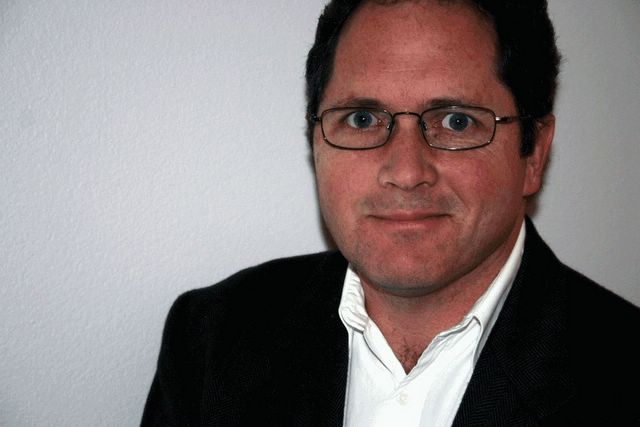| Company | Principal(s) | Location | Product/Technology | Founded |
| AcelRx | Thomas A. Schreck | Portola Valley, CA | Drug-device technology for treatment of breakthrough pain | 2006 |
| Amaranth Medical, Inc. | Guy Heathers, Charter Life Sciences | E. Palo Alto, CA | Bioresorbable drug-eluting stents | 2006 |
| Arbel Medical Ltd. | Didier Toubia, CEO | Yoknean, Israel | Cryosurgical ablation technology | 2006 |
| CardioInsight Technologies, Inc | Warren Goldenberg, CEO | Cleveland, OH | Electrocardiographic imaging of the heart's electrical activity | 2006 |
| Minos Medical, Inc. | Bradley J. Sharp, CEO | Irvine, CA | Minimally invasive (HIFU) surgical systems for appendectomy, cholecystectomy and hysterectomy | 2006 |
| nContact Surgical, Inc. | John P. Funkhouser, President & CEO | Morrisville, NC | Intraoperative tissue coagulation devices | 2005 |
| OmniMedics, Inc. | Alan Cohen | Newton, MA | Cardiac device | 2006 |
| Sirion Therapeutics, Inc. | Philippe Boulangeat, Chief Business Officer | Tampa, FL | Therapeutic ophthalmology compounds and other products | 2006 |
Amaranth Medical, Inc. (East Palo Alto, CA; no URL)
Arbel Medical Ltd. (Yoknean, Israel; http://arbel-medical.com [under construction])
CardioInsight Technologies, Inc. (Cleveland, OH; http://cardioinsight.com)
Minos Medical, Inc. (Irvine, CA; http://minosmedical.com)
nContact Surgical, Inc. (Morrisville, NC; http://ncontact.us)
OminiMedics, Inc. (Newton, MA; http://omnimedics.com)
Sirion Therapeutics, Inc. (Tampa, FL; http://siriontherapeutics.com)

